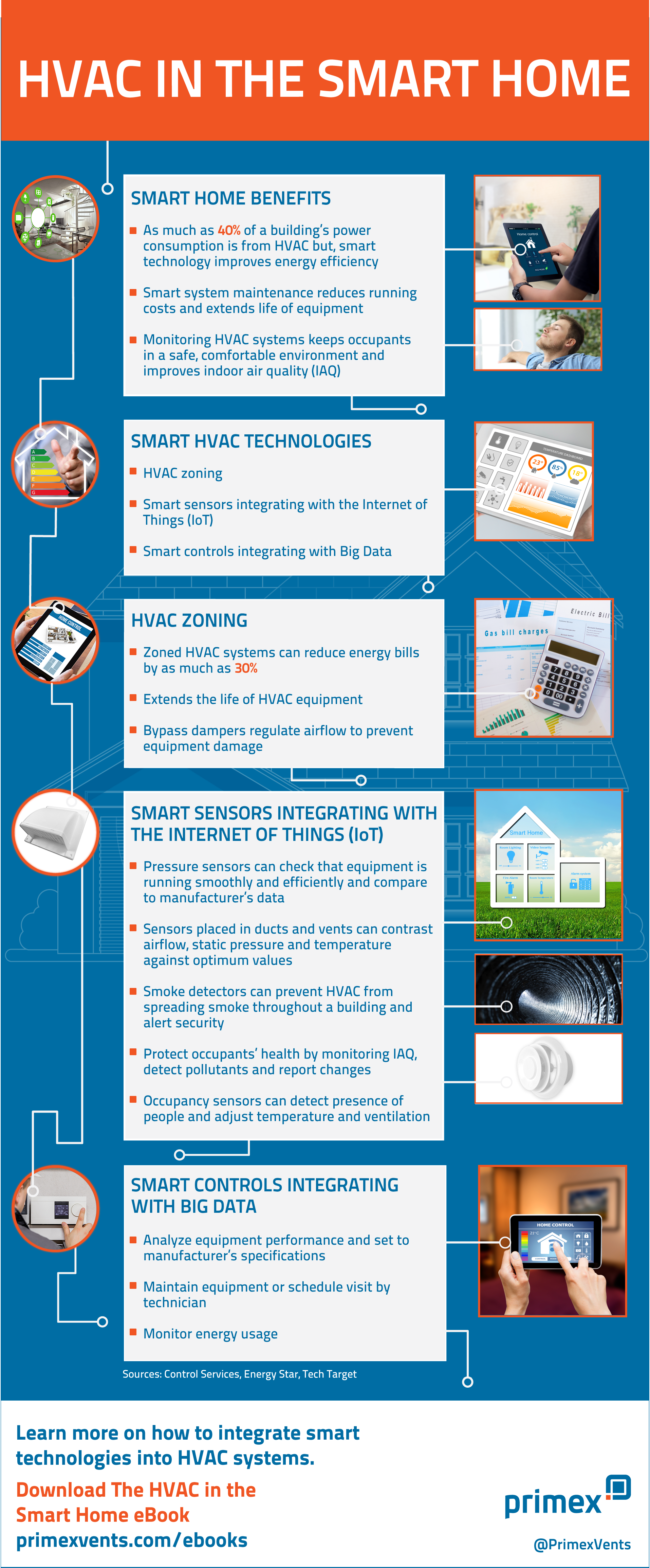Gain Insights Right Into Ensuring The Efficiency And Longevity Of Your Heat Pump System By Steering Clear Of Common Installment Errors
Gain Insights Right Into Ensuring The Efficiency And Longevity Of Your Heat Pump System By Steering Clear Of Common Installment Errors
Blog Article
Web Content Develop By-Harper Rankin
When setting up a heatpump, you need to avoid typical errors that could endanger its performance. Forgeting appropriate sizing might bring about inefficiencies and higher utility costs. Neglecting insulation and securing might cause power wastage and strain on the unit. Furthermore, positioning the outdoor device inaccurately might influence its efficiency. By staying clear of these errors, you can ensure ideal operating and durability of your heatpump system.
Improper Sizing of Heatpump
When it comes to the setup of heatpump, among the most usual blunders is incorrectly sizing the device for your room. Ensuring the ideal dimension is vital for ideal performance. If the heat pump is too little, it will certainly battle to warm or cool your space efficiently, resulting in raised energy expenses and possible damage on the unit.
On the other hand, if the heatpump is as well big, it will cycle on and off often, causing temperature level variations and lowering its lifespan.
To prevent this error, it's vital to have a professional analyze your area and suggest the proper size of the heatpump based on aspects like square video, insulation, ceiling elevation, and regional environment. By investing please click the up coming post and initiative to ensure the proper sizing, you can take pleasure in a comfy atmosphere while taking full advantage of energy effectiveness and lengthening the life-span of your heatpump.
Inadequate Insulation and Sealing
To ensure the efficient procedure of your heatpump, it's essential to deal with poor insulation and securing in your area. Correct insulation aids preserve a consistent temperature inside your home, minimizing the workload on your heat pump. Poor insulation can bring about power loss, making your heatpump job harder and much less efficiently.
Sealing any type of gaps or leaks in your area is similarly important. These voids enable conditioned air to escape and exterior air to leak in, forcing your heatpump to make up for the temperature level changes.
Incorrect Placement of Outdoor Unit
Resolving the positioning of your heatpump's outside device is vital to optimizing its performance. Installing the exterior device in an incorrect place can result in efficiency concerns and possible damage to the device.
One typical blunder to avoid is putting the outside device as well close to a wall or other frameworks. This can limit airflow, triggering the system to function harder to heat or cool your area, inevitably lowering its performance and life-span.
An additional mistake to stay away from is positioning the outdoor system in direct sunshine. While some sunshine is inescapable, excessive direct exposure can result in getting too hot, especially during warm summer days. It's ideal to position the exterior device in a shaded location to assist maintain its optimal operating temperature.
In addition, see to it that the outdoor device is positioned on a secure and degree surface area. Uneven ground can trigger resonances and unneeded stress on the unit, affecting its performance with time.
https://www.consumerreports.org/cro/central-air-conditioning/buying-guide/index.htm
In conclusion, staying clear of typical blunders throughout heatpump setup is necessary for making the most of performance and long life of your system. By making certain appropriate sizing, adequate insulation, securing, and proper placement of the exterior device, you can prevent issues such as ineffectiveness, boosted power costs, and pressure on the unit. Putting in the time to deal with these vital variables will eventually conserve you time and money in the long run.
